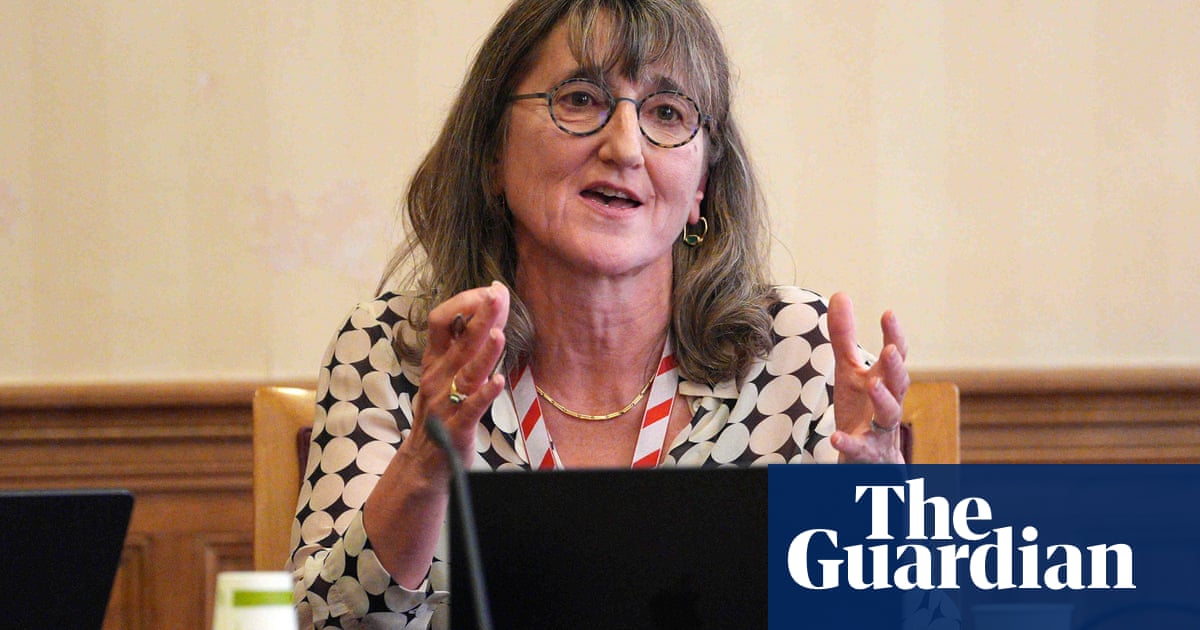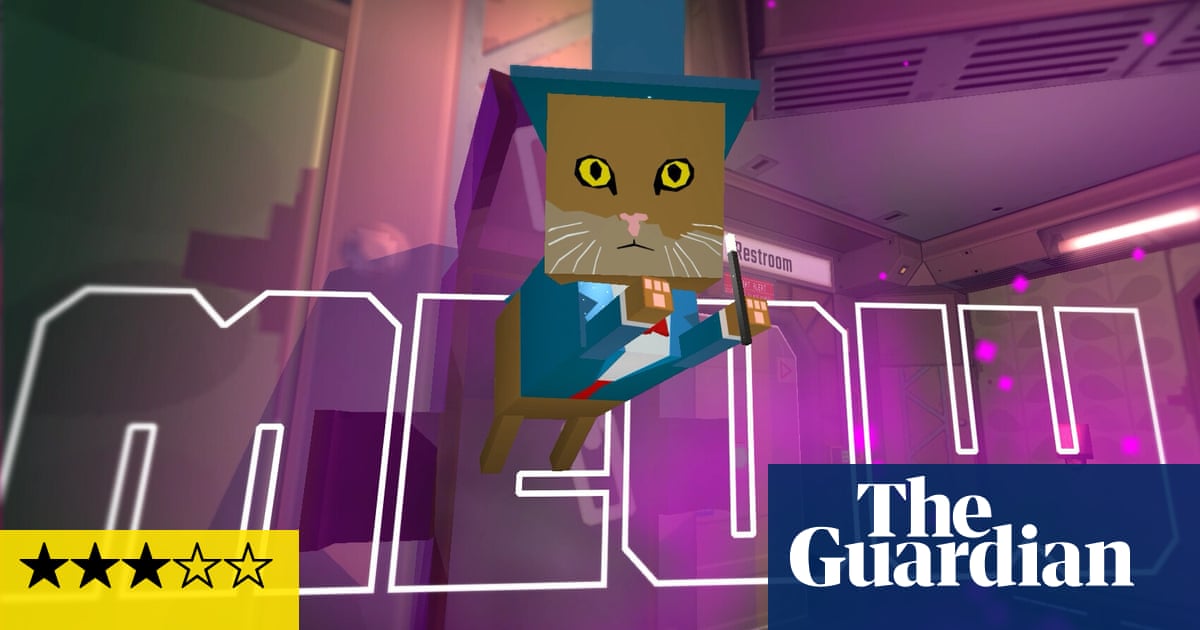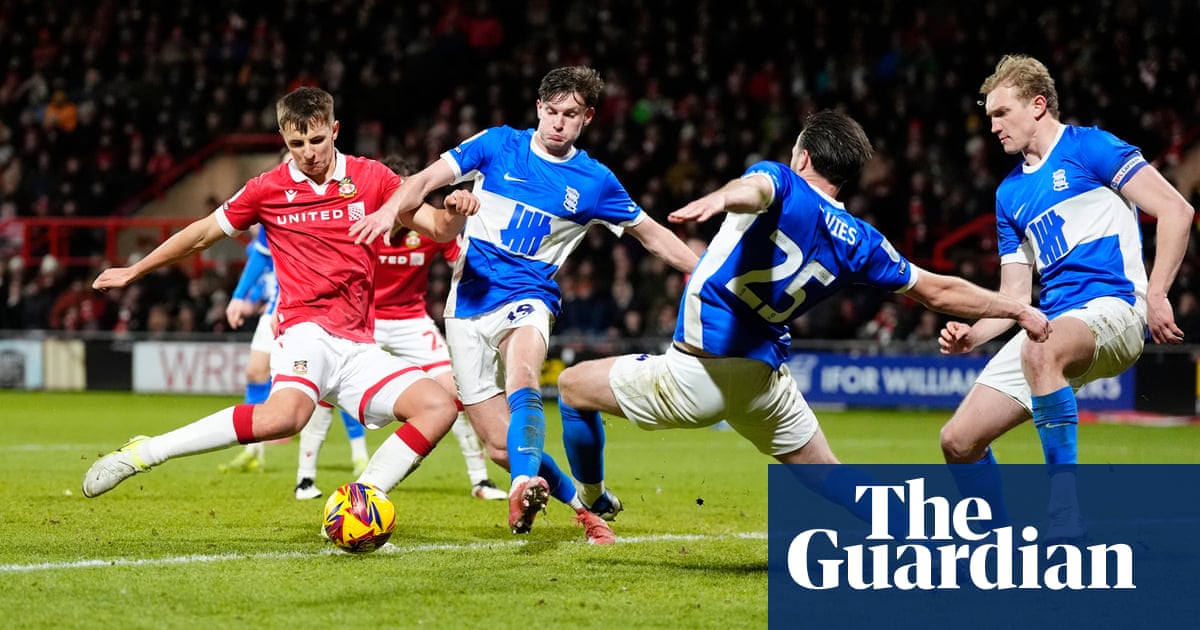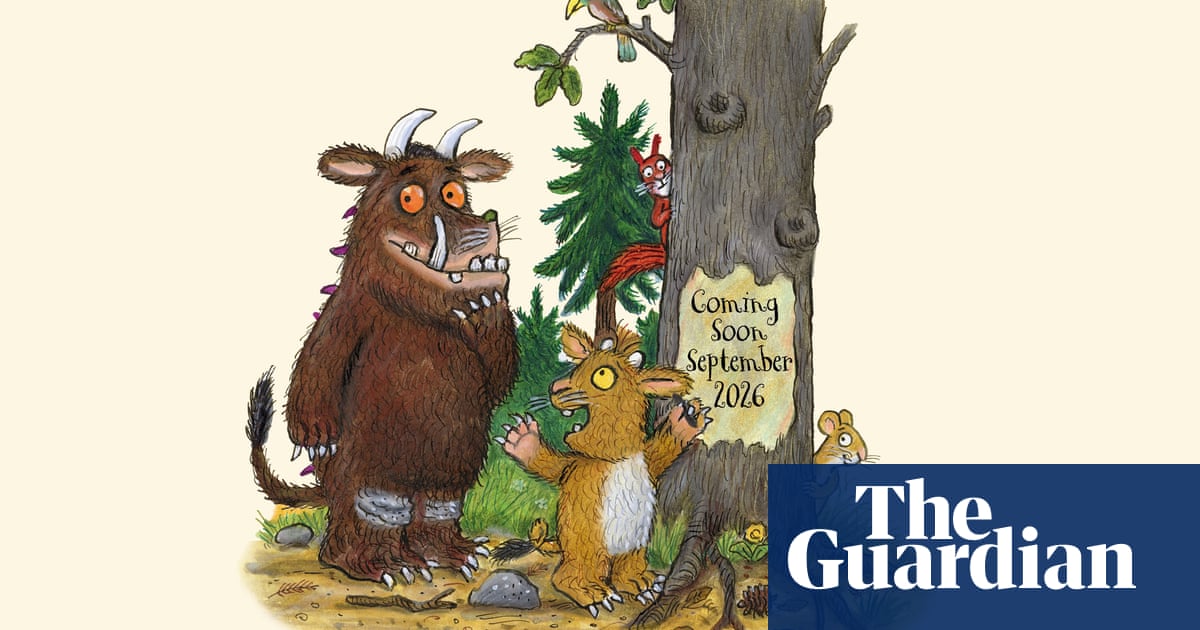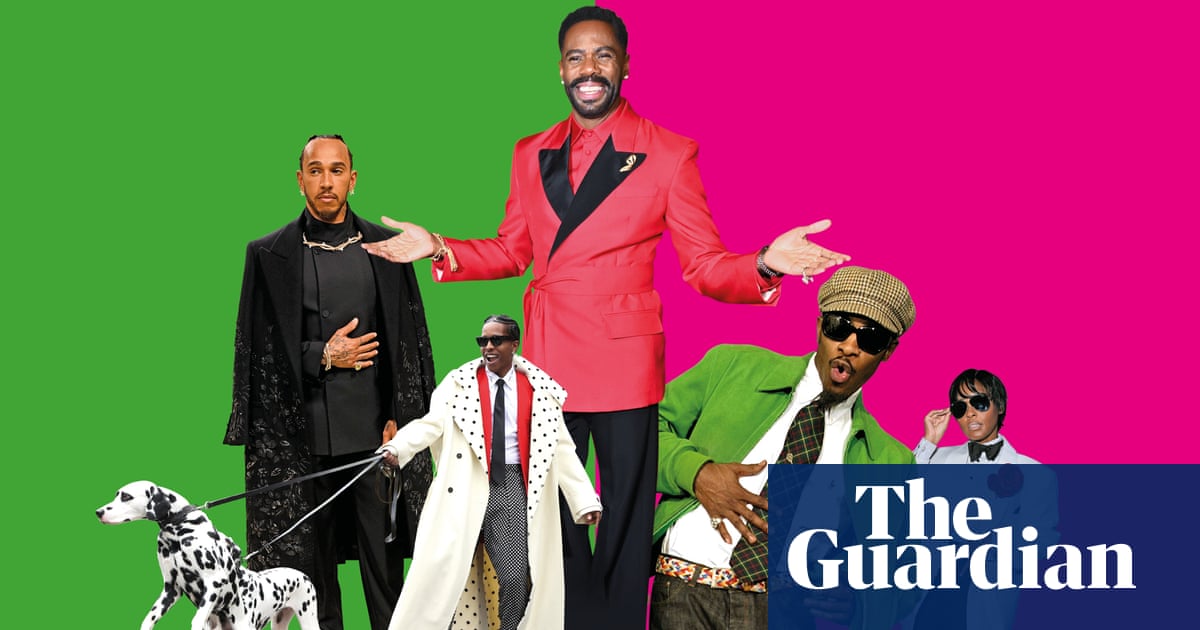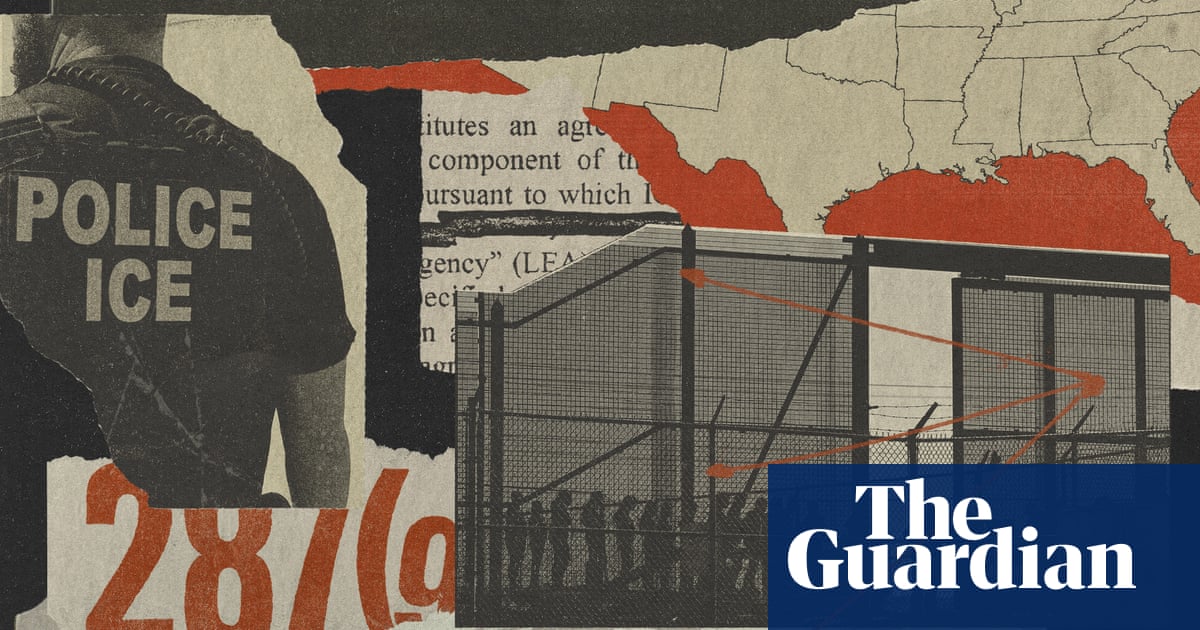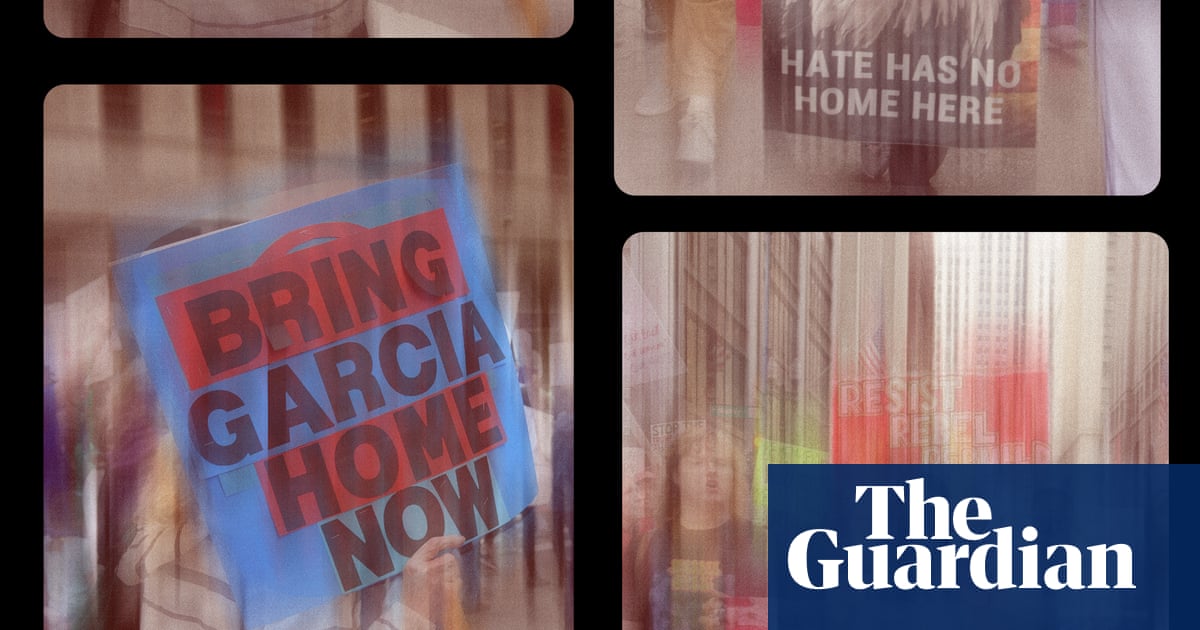I’ve been working in games for a little more than 15 years, and the main thing I’d say about it at this point is that it’s a pretty annoying job to explain at parties. People often say something like, “Oh, I don’t really play games,” which is surely an odd thing to tell a game designer moments after you’ve been introduced; I don’t really eat croissants, but that’s not the first thing I bring up if I meet a patissier.
So one of the joys of publishing my first novel last year was the option to sidestep all of that, and say: “Oh, I’m a writer.” I wrote a novel; I’m working on another one; job done, the conversation can move on. Nobody says, “Oh, I don’t really read books,” even though that’s at least as likely to be true.
It’s become clear to me that I’m not alone in switching between the two media. Why is this? Well, for a lot of people, it’s the money. Writing novels is a notoriously difficult way to make a living, and novelists have always wrangled together careers out of whatever’s going. A 2022 report commissioned by the Authors’ Licensing and Collecting Society (ALCS), found that professional authors are paid a median of £7,000 a year from their writing. Mallory Marlowe is a romance writer – her debut Love and Other Conspiracies made the USA Bestseller list last year – and her day job writing for video games is part of what makes that possible. “Thankfully, I have a consistent paycheck coming in,” she says, “which is an advantage because the payment structures in publishing aren’t exactly sustainable.”
At the same time, game writers are also having a rough time of it – GDC’s 2025 State of the Games Industry report claimed that one in five narrative designers and writers had been laid off in the previous year. So of course some game writers are looking for opportunities elsewhere.

Sometimes, writers even find the forms feed into each other, with a direct relationship between the two. Harry Josephine Giles’ game Raik, written in Scots and English, feels like a precursor to her book Deep Wheel Orcadia, a verse novel written in the Orkney dialect that won the 2022 Arthur C Clarke award. And Jon Ingold, co-founder of narrative game studio Inkle (80 Days, Expelled!), released two novels set in the world of the studio’s game Heaven’s Vault, with a third to come in May. Inkle published the books themselves; for Ingold, writing them was a way to spend more time in the world of the game, although, he says, “the plot in the novel was harder to construct. In a book, the protagonist needs focused motivation, all the time, or they stop doing things. But in a game, a player will investigate simply because the world exists”.
When I ask all the novelist-game writers I know what the biggest difference between the forms is for them, I’m surprised by how different the answers are. For some, it’s a matter of process – novels can act as a release from the compromises of collaboration, while games can provide a break from sitting in a room on your own. Joe Dunthorne (Submarine, The Adulterants) has written novels, poetry and most recently a memoir (Children of Radium), and a few years ago he did a huge amount of work on a big-budget video game that got cancelled without ever being publicly announced. Even though the game didn’t work out, he says that, “after the loneliness and madness of novel-writing, I was relieved to go to an office every day. I loved working with games designers, in particular. I was in awe of their ability to think through these dizzyingly complex structures.”

Sharna Jackson has written children’s novels including High-Rise Mystery and The Nine Night Mystery. She also worked on Die Gute Fabrik’s post-apocalypse mystery game Saltsea Chronicles and an audio experience for Yoto. For her, the key difference is that with most games, you’ll write “many, many words that may never be read or heard – it all depends on the pathways your players take through the experience”. Some of your best work may end up in the “rare outcomes and Easter eggs” that only a few players will encounter. Mallory Marlowe, meanwhile, talks about how novels offer, “a strange amount of independence” to writers used to working in games, while novelists might take a while to get used to creating game stories that work for players with wildly varying degrees of investment in the writing. “Some people just want to press buttons and cause trouble,” she says. “Others are going to engage with everything on a story level”.
Sooner or later, almost everyone I talk to brings up the radically different cultural status of games and books – their equivalent of my complaint about people at parties. Jim Munroe (We Are Raccoons, Unmanned) has been writing games and books for more than 25 years, and he talks about how books are culturally valued in a way games aren’t. “Creators are in games in spite of the low status of games,” he says. Naomi Alderman, author of Disobedience and The Future, echoes some of this experience. There was a week in which both her novel The Power and her game Zombies, Run! (co-created with Six to Start) won awards. The award for her book made the papers, even the front page of the Times of India, while the Zombies, Run! award barely made the specialist games press.
after newsletter promotion

But although everyone talks about the different position that games have in the wider world, not everyone responds to it with my slightly ungenerous irritation. Munroe says that it means games tend to draw creators with a more independent streak. Marlowe enjoys the way that people are intrigued and confused by the idea of game writing, and relishes the follow-up conversations. And for Harry Josephine Giles, the position that games occupy is part of what makes them joyful. She points out that games are still young compared with the novel, their conventions less fixed. Early English novelists like Aphra Behn and Laurence Sterne could mess around more, print a page entirely black, push at the still-forming edges of what a novel was. Nowadays only the most experimental novels have that freedom, “ossified” by their place in culture. Games – newer and with a lower cultural status – remain malleable. Plus, as Dunthorne says, “writing often comes pretty far down the list of priorities in game design – and that’s OK. Games are not novels.”
Clearly, the emerging generation of young writers grew up as native video game players, so they’re willing and able to switch between the two cultural forms without finding it weird, and without seeing one as necessarily “better” than the other. And sure, if you work in games, there are still people at parties who will say: ”Oh, I don’t really play those.” But sometimes that might mean you get to make something weirder and more surprising, while nobody’s looking.

.png) 5 hours ago
6
5 hours ago
6


